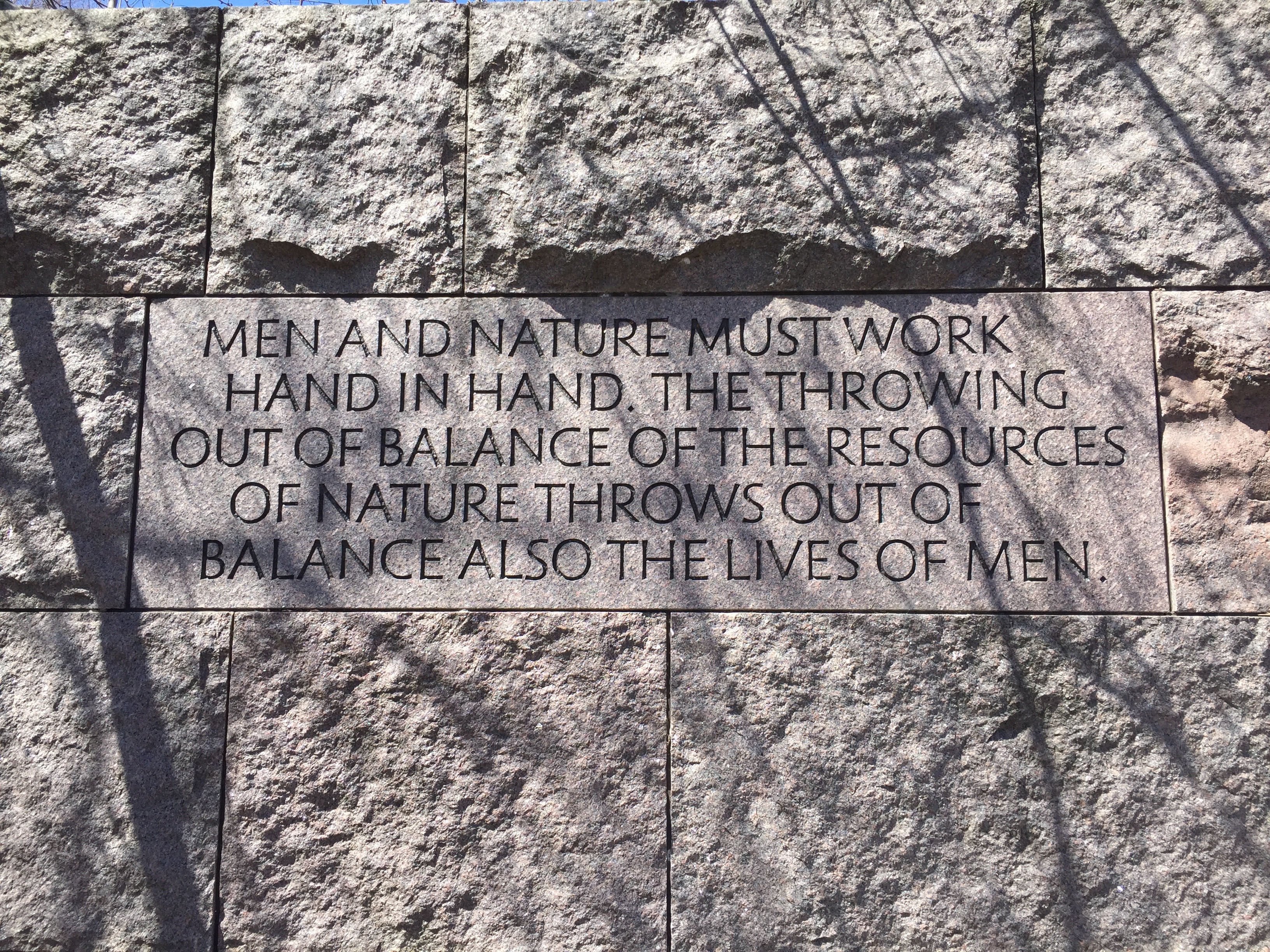The World Loses One of
Its Most Beloved Statesmen and Leaders
The world lost Nelson Mandela yesterday at the age of 95. He was South Africa’s first black president and one of the world’s most beloved statesmen.
President Obama mourned the death of Mandela, calling him one of the “most influential, courageous and profoundly good” people to have ever lived. The President ordered flags immediately lowered to half staff until Monday evening in honor of the anti-apartheid leader hailed around the world.
“He achieved more than could be expected of any man. Today he’s gone home,” an emotional Obama said, in remarks from the White House, and added: “He no longer belongs to us. He belongs to the ages.”
Retired foreign service officer and NSF member Ted Morse drafted this personal reflection on the passing of the man South Africans called “Madiba”.
Personal Reflections on Mandela
Madiba was the iconic leader against Apartheid’s “separation” of people by race and color; the fact that he could provide that leadership and inspiration while incarcerated in prison for 27 years is an unheard of accomplishment. His humane leadership against discrimination became a world example and tribute to his principled stature. Madiba understood the historical transition from colonialism in Africa that had proceeded in the 50s and 60s and 70s; he guided that late 1980s and early 1990s transition in South Africa with reconciliation, political wisdom, and humility that avoided what the world had come to expect would be a violent destruction of the continent’s most prosperous country. He led his new country to representative democracy when many expected he and the country would follow the authoritarian countries that had supported the ANC.
His unique leadership for reconciliation was embraced and put into practice by his fellow Peace Prize winners- President deKlerk and Bishop Tutu. His commitments to reconciliation were reflected in his policies: “Hold your friends close, and hold your enemies even closer”. “Consuming the drink of revenge believing it will hurt your enemies only poisons you.”
My family and I were inspired by Mandela and South Africa’s anti-apartheid movement to demonstrate our American commitment to pluralism and equality by taking mixed race tennis teams from our Embassy in Swaziland to play in black Soweto in the late 1970s. I had the privileged assignment to study in South Africa (and see eventually adopted) a change of US government foreign policy to support peaceful change inside South Africa, which followed highly instructive conversations with Bishop Tutu and Mandela followers in the mid-1980s. While serving in Washington with the State Department and US Embassy Zambia, I followed with great anticipation the secret negotiations between the apartheid South African government and Mandela before his release from prison that set the framework for replacing apartheid with representative government.
From service in Harare, our family shared unreserved joy at Mandela’s release in 1990 and election in 1994 as the first black majority president of the new South Africa (and held high, still unrealized, hopes that Zimbabwe would follow Mandela’s examples of fairness and reconciliation). In retirement, my wife and I have taken dozens of Sierra Nevada College and UNR students to South Africa over the last six years, and a special focus is to learn of Mandela’s principled contribution to the world. In our SNC Leadership class, Mandela is always a case study of true leadership values–from a freedom fighter to great president.
It was a thirty year professional and personal privilege to observe Mandela’s legacy for the ages unfold.
–Ted Morse, retired US Senior Foreign Service Officer

